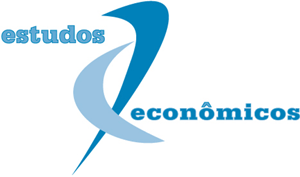When evaluating theoretical systems of the past, one is frequently misled by tacitly identifying yesterday's theoretical concepts with those currently prevailing, a problem made more serious when dealing with ideas which predate the full consolidation of a discipline. Studies of mercantilistic doctrine use to be tainted by such difficulties. In the present article, we offer a new perspective regarding the ideas of seventeenth-century British economic authors, evaluating them in light of their proper intellectual context. We argue that the period is characterized by an understanding of the economic realm in which money plays a central role. Authors such as Malynes, Misselden and Mun have believed that a proper money management could assure a well-functioning international trade and dynamize domestic economic activity, guaranteeing national prosperity. Comprehending this shared analytical base, we can grasp the origins of the intense divergences among those authors, which would determine the path of subsequent theoretical debate.
Mercantilism; money; seventeenth century; pre-classical British economic thought; favorable balance of trade doctrine
